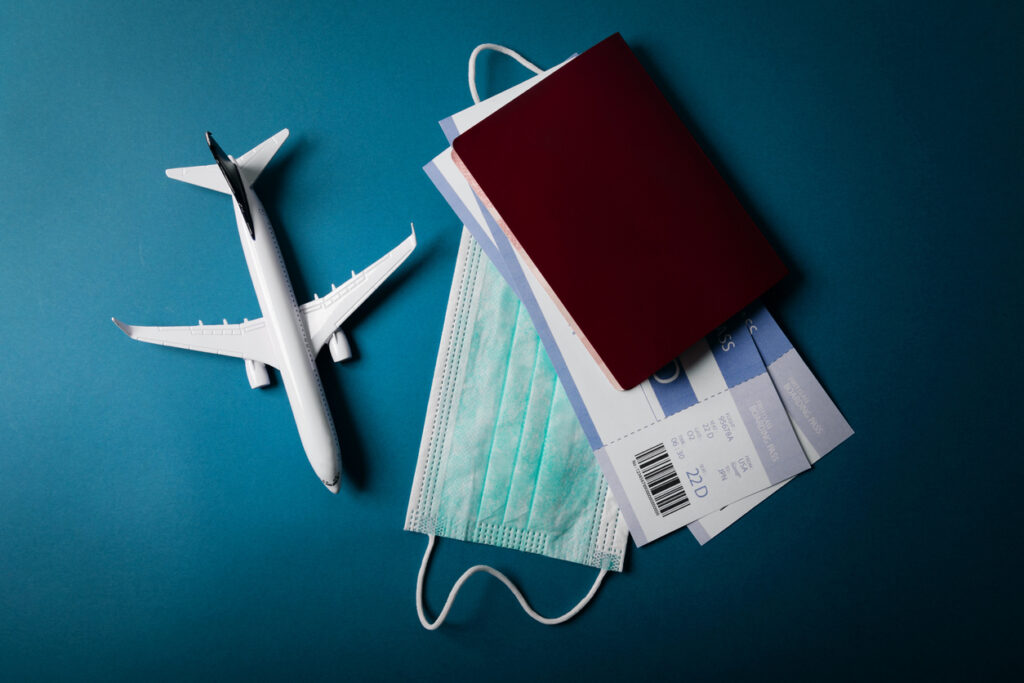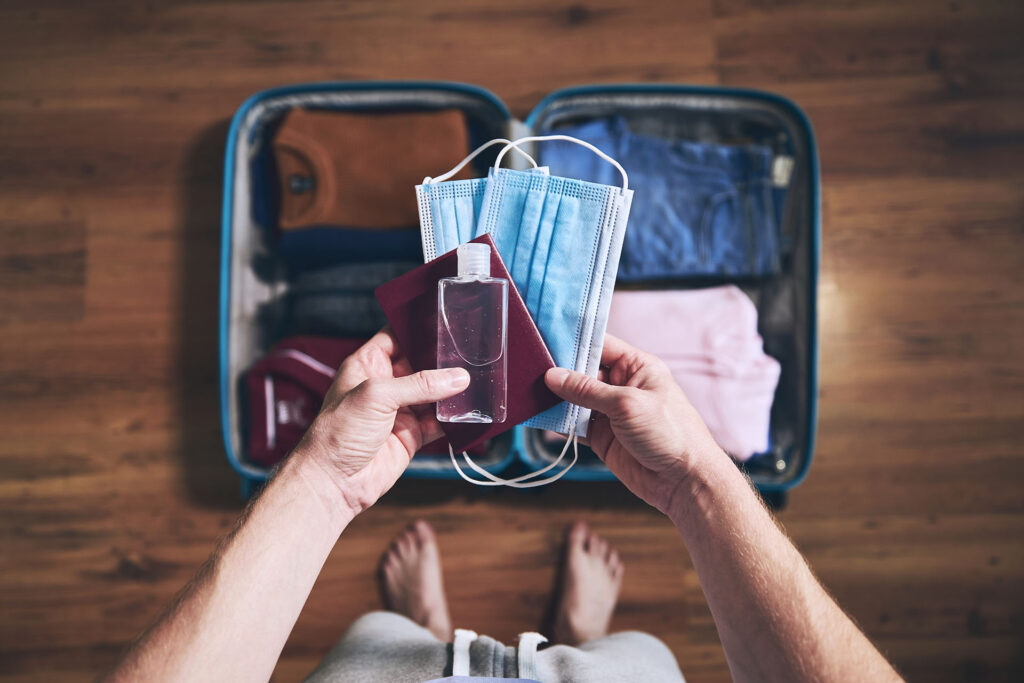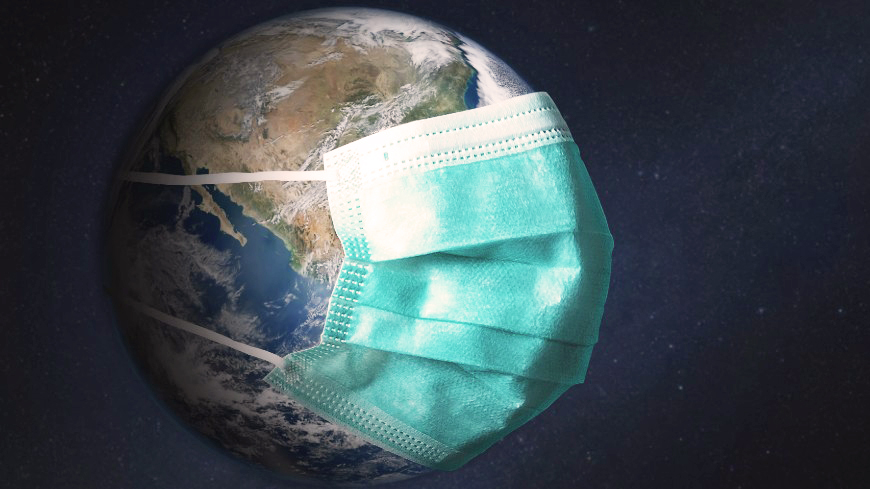post-pandemic Travel
upto date news on traveling after covid19
Everything you need to know
Before travel
Keep up to date with the latest official advice offered by the country you are departing from and travelling to. All countries may impose travel restrictions without notice.
Most countries worldwide now present a potential risk of exposure to COVID-19 for travellers. Each country has been categorised according to:
- the risk that travel presents to individual travellers.
- the risk that travel presents to UK public health.
If you need travel health advice, vaccines or malaria medication, speak to your GP, practice nurse, pharmacist or travel clinic.

list of Countries without vaccine restrictions
Look at entry restrictions, screening and quarantine requirements on arrival. As requirements can change at short notice, it is sensible to subscribe to email updates for your destination. Contact the UK-based embassy of the country you are travelling to if you need more information.
Obtain proof of a covid-19 vaccination if required for your trip. You may be asked for this at check in, border controls and at other times during your trip. Vaccine documentation needed for international purposes may differ from documentation requirements within a country. Check the FCDO foreign travel advice coronavirus tab for your destination to see which, if any, domestic disease control measures are in place
Carry an official record of any test results you have; you may be asked for these at check in, border controls and at other times during your trip.
Plan for any possible delays to your return home and the financial implications or practical arrangements you may need to make. Ensure you have extra supplies of any medication or medical equipment you need in case of delays such as having to self-isolate overseas. Remember to carry copies of prescriptions and carry medication in your hand luggage.

If you have contact with a COVID-19 case while abroad
After contact with a known COVID-19 case, follow relevant public health advice and speak to your healthcare provider/travel insurance company for further guidance if needed. If you are required to quarantine or self-isolate by local authorities, you must do so in the country you are in.
If you become unwell abroad
If you develop COVID-19 symptoms while abroad or during travel, you must immediately:
Review the local regulations. It may be necessary to self-isolate (stay indoors and avoid contact with other people) and arrange a test locally at your destination if required.
Call your health provider and/or insurance company to discuss what to do.
Remember, if you have been in a malaria risk area in the last year, it is important to check for malaria if you have a high temperature (urgent blood test required).
Follow local public health guidance if available.
If you become unwell at an airport, bus or train station before or during a long trip, seek medical advice and do not start/continue your journey.
If you test positive for COVID-19 abroad, you must follow local public health advice. You may need to quarantine or self-isolate and stay longer than planned. Plan ahead for any possible delays to your return home and entry requirements at your next destination.
Once you have fully recovered, check with your health provider that you are fit to travel, before onward travel.
Following COVID-19 infection, some individuals may have natural immunity shown by a positive COVID-19 PCR test. Travellers needing a pre-departure COVID-19 test who have recently recovered from COVID-19 infection could consider using a lateral flow device (LFD) test (where a choice of tests is allowed under a country’s COVID-19 testing rules relating to travel). LFD tests have a lower sensitivity than PCR tests, so are less likely to test positive from previous infection. Please note that if a LFD tests is allowed, you will need to ensure it meets the specified minimum performance standards.
If you run out of medication
If your return is delayed and you are concerned you may run out of medicines (including antimalarials) or medical equipment, contact your travel health insurance provider for advice about obtaining safe medical supplies at your destination.
Do not wait until supplies of medication/equipment are low, order in advance if you know youre gonna run out

During travel (and at your destination)
You should follow the COVID-19 requirements of the country you are visiting. There may be enhanced screening/monitoring at entry/exit ports. In some countries, borders may close or you may be required to self-isolate.
Air and cruise ship travel
Air quality on board aircraft is carefully controlled, changed frequently and passed through filters efficient at removing viruses. IATA state that the millions of flights since the start of the pandemic have resulted in a few confirmed cases of in-flight transmission. They describe risk of inflight transmission as low, provided a mask is worn [4]. Whilst there is definitive evidence of in-flight transmission of COVID-19 [5, 6] mask-wearing appears to add an extra layer of protection [7].
If you are planning to fly, do not travel if you are unwell; you may be denied boarding if you have symptoms of COVID-19.
For many airlines, wearing a face covering is mandatory (unless you are exempt) for the duration of your flight. Check with your airline for their individual guidance.
Avoid moving from your seat unnecessarily but continue to exercise your legs (flex and extend the ankles) as much as possible to encourage blood flow from the lower legs.
Follow any instructions provided in your flight about what to do if you feel unwell.
Cruise ships continue to experience COVID-19 outbreaks [8, 9]. Confined settings on board, along with the combination of multiple households, allows COVID-19 to spread faster than on land.

Returning to the UK
As of 18 March 2022, the UK Government removed all COVID-19 international travel restrictions for arriving passengers.
Rules are subject to change; check regularly to ensure you have not missed new information.
Following your return, if you develop any of the main symptoms of COVID-19, you should follow current public health advice, which may differ in: England, Wales, Scotland and Northern Ireland.
If you return from malaria risk areas and are ill, you must seek urgent medical advice. Inform the health professional you have travelled to a malaria risk area in the last six months and need an urgent malaria test (malaria film) on the same day you developed a fever.

